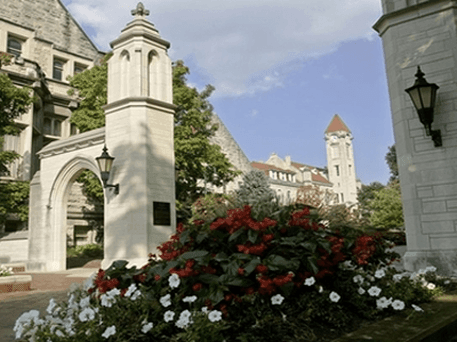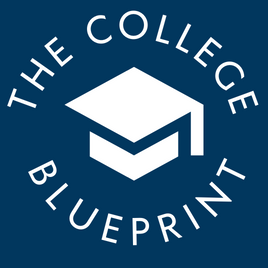SOPHOMORE COLLEGE COUNSELING AND SERVICES
SOPHOMORE YEAR PROGRAM DESCRIPTION
Students and parents, if desired, meet every month (excluding summer) to discuss academic progress and to delineate specific goals. Academic progress is monitored and students begin the career exploration process through the use of personality and career assessments. Counselors work with the student and parents on course planning, including the pros and cons of AP, IB, and community college classes, and assist the student in researching meaningful summer experiences. Additionally, the basics of researching colleges are introduced and the family is assisted in planning college visits. All sophomores begin developing a resume and a specific standardized testing and preparation plan is outlined. Students are strongly encouraged to take a PRA by the end of the Sophomore year to identify their strength in the SAT vs the ACT.
College Planning Tips for Sophomores
- Discover more about who you are and define what you want to achieve and accomplish this year.
- Understand the “Requirements for Academic Achievement” and take steps to further develop academic skill set.
- Increase understanding of college entrance requirements.
- Initiate steps to establish college prep files.
- Explore options for meaningful and interesting volunteer service and summer opportunities.
- Start a summer reading list
- Plan to visit college campuses
- Do volunteer/community service
- Get a job to boost your work experience
- Do PSAT or SAT/ACT prep if you are taking a Fall test
- Research possible colleges.
How to Support your Sophomore Student
- Listen to your student explore their thoughts and ideas without judging the comments.
- Talk with your student about what they want to do after high school, what they want to study, and where they think they might want to go to college.
- Know the graduation requirement for your student’s high school and make sure they are meeting those requirements.
- Keep track of the courses your student takes throughout high school. Keep complete academic files with report cards, awards, activity lists, and notes from teachers.
- Establish a file containing memories of life lessons your child has learned or experienced, positive examples of your student’s morals and values, incidents, warming comments, etc. This will be very helpful to them when it is time to write application essays.
- Begin considering the financial issues of paying for college
- Establish a budget for your student and make them adhere to it.
- Insist your student use a planner for all of their activities and commitments. Help your student learn to juggle multiple #1 priorities and assist them with time management.
- When you travel, visit colleges in the area.
- Stay involved!
PSAT Preparation Program
The PSAT is the Qualifying Exam for National Merit Scholarships. Sophomores and Juniors should think about prepping for the PSAT to get the best possible score. The College Blueprint PSAT Prep Program is a 20 hour program, including 9 hours of personalized instruction,1 diagnostic, and 2 full length practice tests.
- Includes 9 Hrs. of one-on-one tutoring (4.5 hours of Math & 4.5 hours of Verbal)
- Students will meet with a tutor on a bi-weekly basis starting 5-6 weeks before their PSAT testing date
- During the weeks students are not meeting with their tutors, they will take practice tests #1 and #2 (Students will take a total of 2 practice tests and 1 diagnostic test).
- Students will take the Diagnostic Test before they begin tutoring.
- Personalized academic evaluation
- One-on-one test prep
- Flexible and personalized scheduling
- A focus on each student’s particular learning style
- A friendly and professional atmosphere!
Summer To Do List
- Set criteria for colleges that will be a good fit for you. Determine preferred academic major, geographic area, size, setting, etc.
- Start using different search engines to search for colleges and begin building a college list (USNews.com, Big Future on Collegeboard.org)
- Visit several different types of colleges-private/public, small/large, urban/suburban, etc.
- Continue exploring career interests through volunteering and job shadowing.
- Search for majors that relate to your career interests.
- Begin gathering information on your extracurricular activities and/or community service and start your resume.
- Read! This is a great time to maintain and advance your reading skills and build your vocabulary.
“Thank you for all the help, advice, encouragement and support from both of you through this process – we really appreciate it!” – Senior, Santa Margarita Catholic High School

